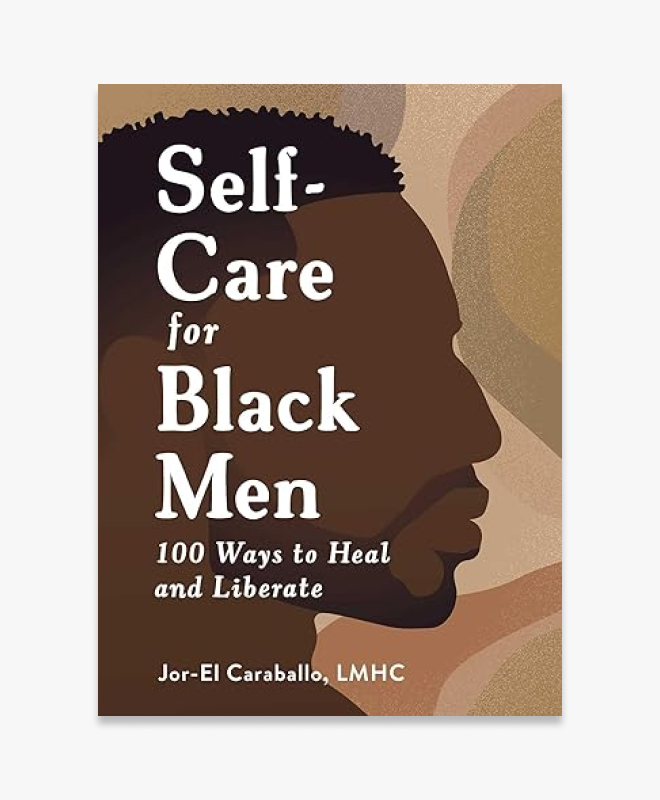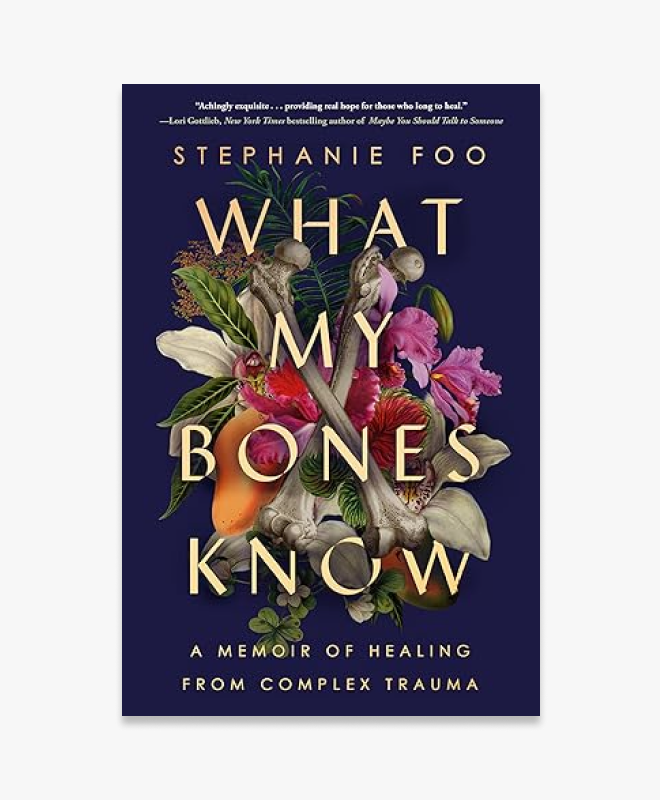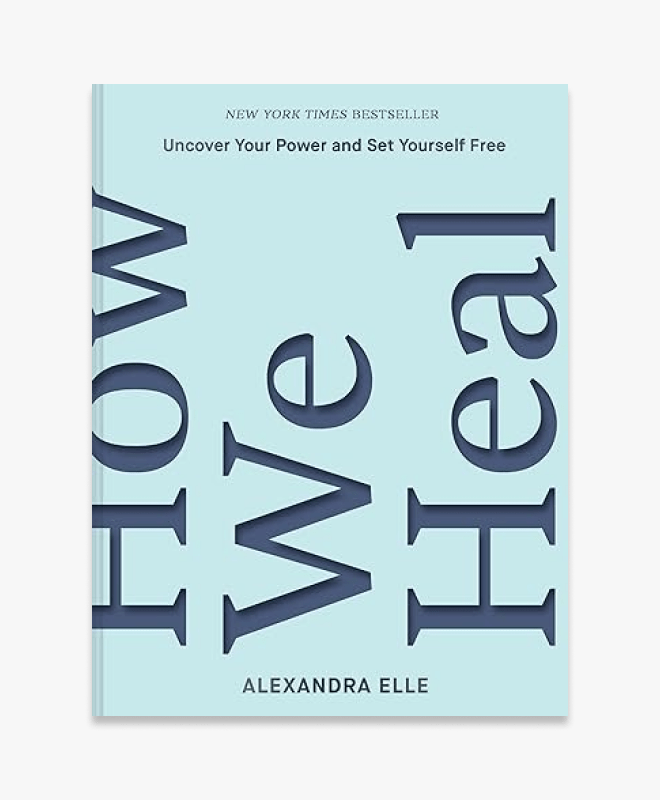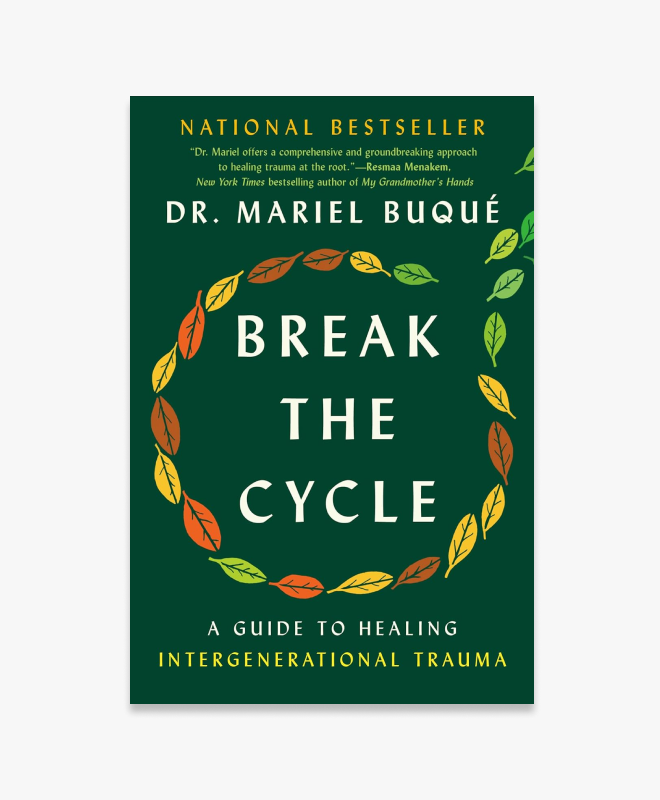“The authors interweave clinical accounts as well as their personal stories to illustrate the many intersectional ways Asian Americans experience mental health and intergenerational trauma. They provide hands-on tools for self-regulation, exploration, and understanding that guide the reader through developing more self-awareness and insight into their mental health. Finally, they offer tangible exercises that help readers begin to honor and name traumatic experiences from their past. This is an important book and one of the few created to support Asian American communities.” —licensed psychologist Jenny Wang, PhD
12 Self-Help Books That Are Actually Helpful for BIPOC Folks
Your bookshelf could really use these.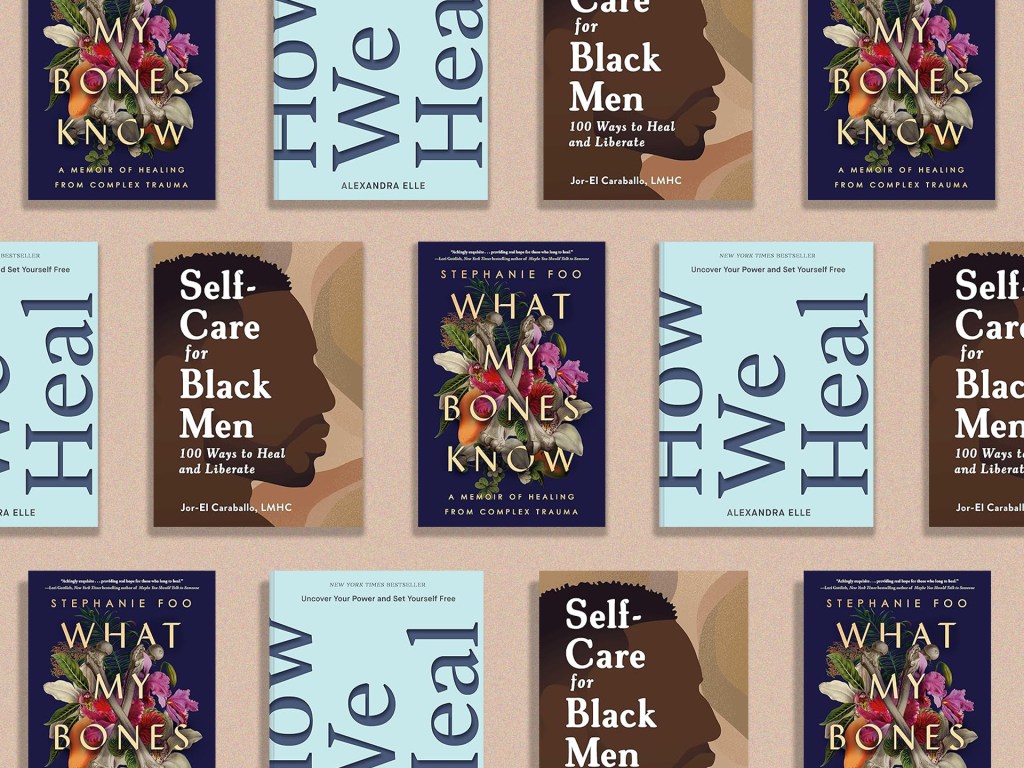
As a self-professed self-help book junkie, I’ve read many—emphasis on many—books intended to level-up my life. And a lot of them quite literally did. To anyone who will listen: The genre is a great addition to any mental fitness routine. I stand by that. They bring self-awareness, actionable advice, practical tools, exercises, and thought-provoking journal prompts. With their help, I’ve been able to navigate life challenges, grow, and heal. Win-win-win. I love this for me.
However. After devouring a few self-help books, I quickly noticed one major thing missing: inclusivity. Many self-help books don’t recognize, understand, or address the unique experiences and struggles that Black, Indigenous, and people of color (BIPOC) face. “There are nuances and stories that non-BIPOC authors do not have access to or cannot understand simply because they do not hold that intersectional identity,” explains Jenny Wang, PhD, a licensed psychologist and author of Permission to Come Home: Reclaiming Mental Health as Asian Americans. This, in turn, can make the reader feel invalidated, alienated, and like you’re not actually learning anything helpful.
Personal growth books written by BIPOC authors can offer insights that are more relatable to BIPOC folks, which can make readers feel like they’re truly seen and less alone, says licensed clinical psychologist Nina Polyné, PsyD.
So if you’re looking for a new personal development book that gets what you’ve been through, these therapist-approved gems are all written by BIPOC authors and offer guidance that hits home in a way that’s empowering and validating.
-
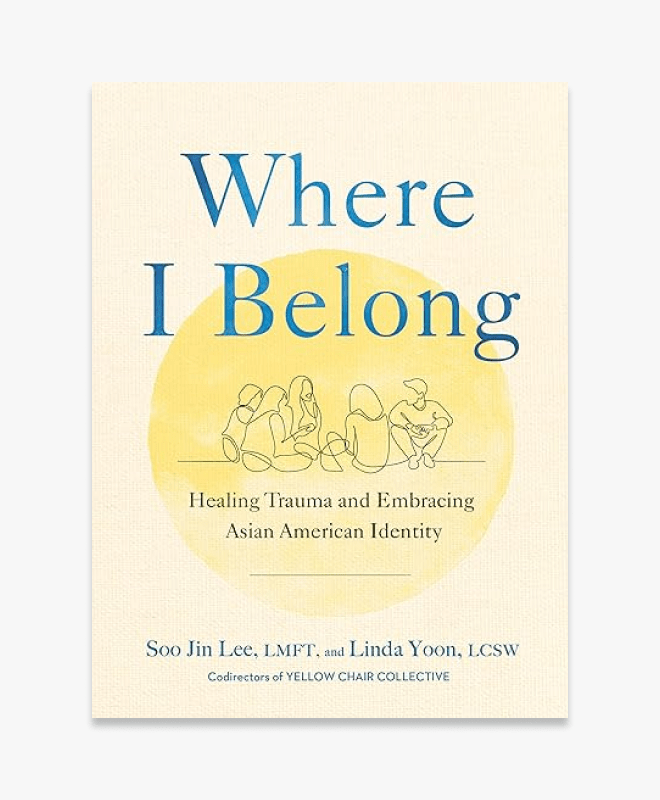
-
“Self-care is critical yet often ignored in all of our lives. It becomes profoundly important for Black men given the various oppressive and mentally taxing factors they are up against, like disproportionate incarceration rates and police brutality. Within this social context, this book walks Black men through strategies to understand and address intergenerational trauma that can be passed from generation to generation and can be interrupted with the proper tools.” —Corey Yeager, PhD, LMFT, psychotherapist, life coach, and author of How Am I Doing? 40 Conversations to Have with Yourself
-
“This book is technically a memoir but has self-help ideas that may improve mental health. It’s a powerful account of how the author experienced abuse and trauma within her family of origin and yet few people intervened or spoke of these topics openly. It illustrates how, for many marginalized communities, abuse is often unrecognized and underreported. This is one of the few books written about complex PTSD within an Asian American context, and it would be powerful for readers who may have had deeply problematic or painful childhoods. It can also provide a sense of hope that no matter how our parents or past has hurt us, it is still possible to restore our sense of self and relationships to have a life worth living. The book is also a story of recovery and healing as the author learns to understand complex PTSD and embrace this aspect of herself with less harshness and much more compassion and love.” —Dr. Wang
-
“If you’re the artistic type, Elle’s work is for you. She teaches the reader how to understand your experiences on a deeper level, return to the self, and find and preserve your peace. She offers a variety of approachable self-help practices, and you can pick what sounds authentic and interesting to you. A highlight of the book: the transformative journal prompts.” —licensed clinical psychologist Nina Polyné, PsyD
-
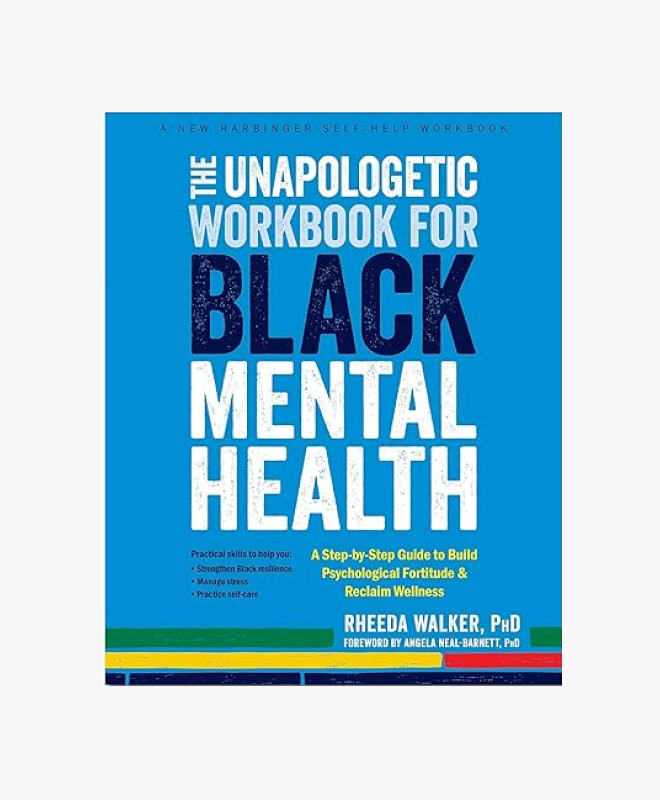
“In this interactive title, Dr. Walker talks about Black mental health in a practical and educational way, blending the two together seamlessly. This book also gives the reader an opportunity to self-reflect and find their own version of healing and mental wellness that works for them.” —Dr. Yeager
-
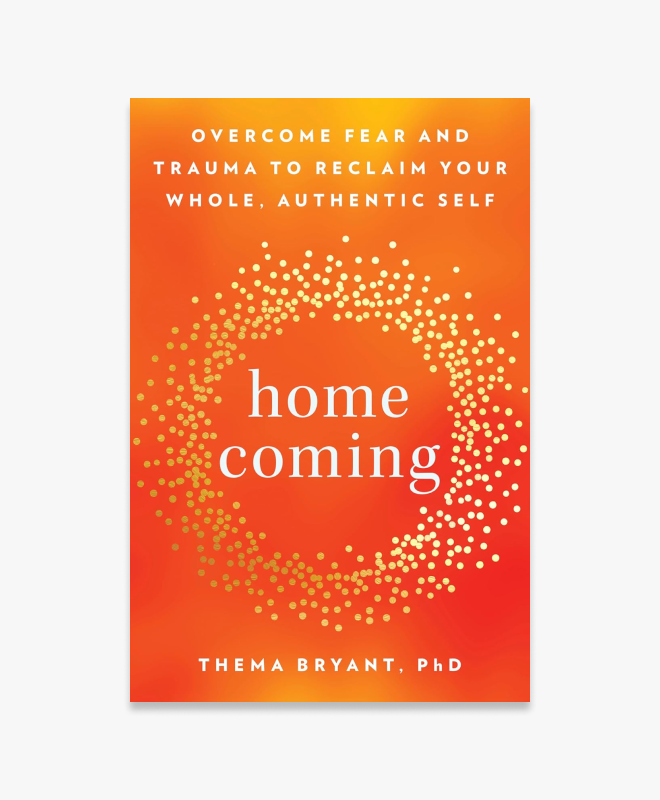
“Dr. Thema’s writing style helps you hear some hard truths while remaining compassionate, and she assists you in meeting yourself on a deeper level while exploring your past in a meaningful way. To do all that, she offers tips for identifying signs of feeling disconnected from yourself after surviving trauma (which includes but is not limited to suffering injustices, systemic oppression, and racism), encourages you to validate your emotions, and provides methods to reconnect to the most authentic version of yourself. Her writing style is one of inclusivity and inspiration. This is a book you can go back to over and over when you need a reminder to come home to yourself.” —Dr. Polyné
-
“This book is a transformative guide for anyone seeking to understand their family patterns and heal from the deep wounds of intergenerational trauma. Dr. Buqué does a beautiful job explaining the deep layers of trauma and how it impacts us mentally, emotionally, and physically and provides readers with practical strategies rooted in a holistic framework to help us all heal.” —Minaa B., LMSW, licensed therapist, social worker, and author of Owning Our Struggles: A Path to Healing and Finding Community in a Broken World
-
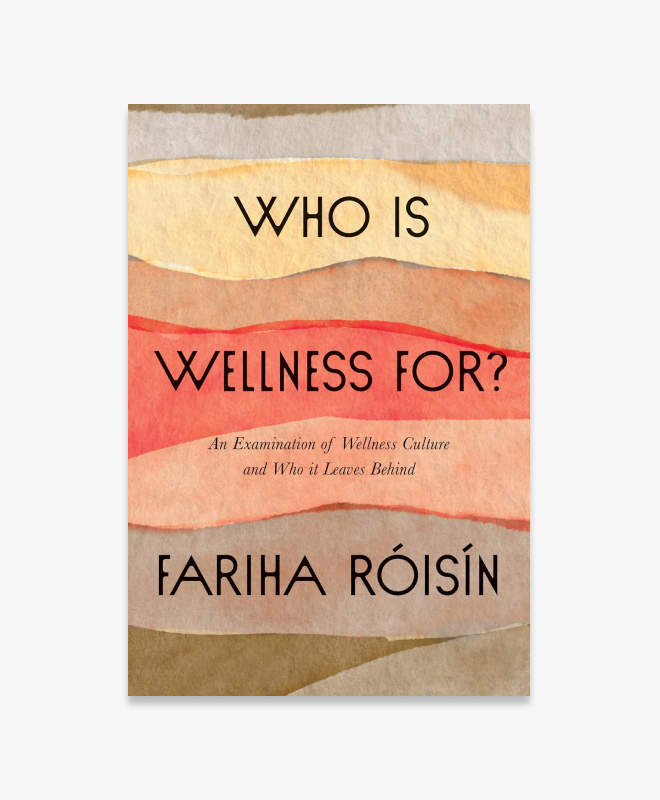
“This is an essential addition to any wellness bookshelf, particularly for BIPOC communities. To help readers understand the importance of culturally informative care, this book speaks to the complexities of wellness culture, shedding light on its systemic exclusivity and the various ways communities and populations are often neglected or marginalized. It brings home the point of how crucial it is to understand the broader societal influences on individuals’ mental health and well-being, and this book provides invaluable insights into how certain wellness practices and ideals may perpetuate disparities and inequalities.” —psychotherapist Sarah Ahmed, MSW, RSW
-
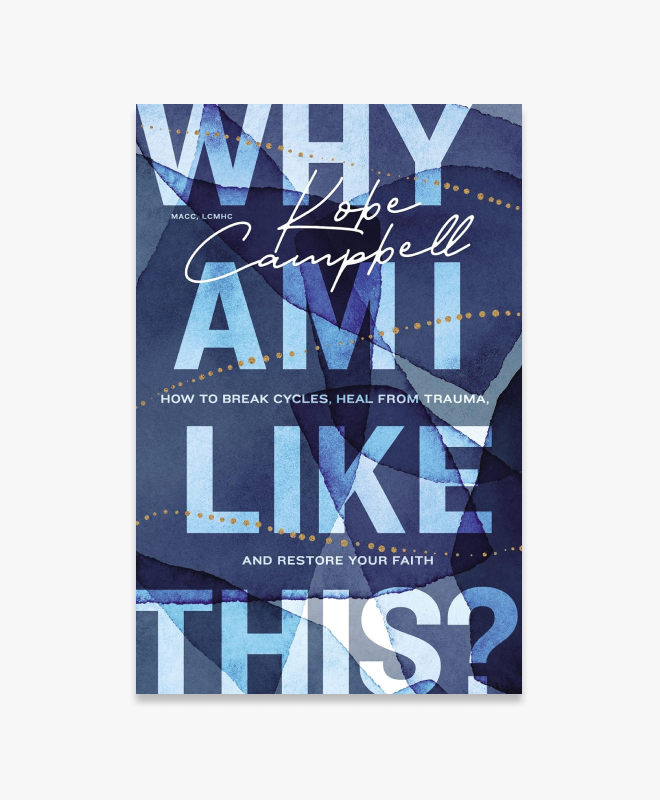
“This book is a great resource for readers who identify as Christians or have a deeply rooted spiritual belief system. It explores trauma in a clinical way and highlights faith, which isn’t as widely recognized as a healing method compared to traditional therapeutic strategies, like talk therapy. Trauma impacts you not only emotionally or mentally but also on a spiritual level, and your spiritual well-being is linked to your sense of purpose and self-worth. Trauma can make you question your survival, purpose, and value in life. It can also prompt questions about the existence of God and the reason behind your suffering. Healing from trauma on a spiritual level involves finding purpose and value in one’s life and the ability to move forward despite the inevitability of hardship.” —Minaa B.
-
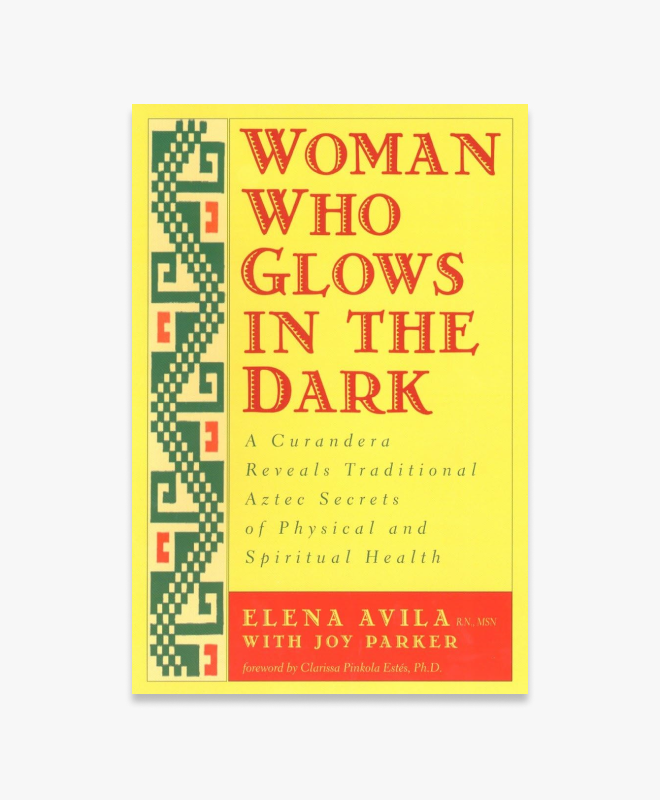
“This title is an affirmation for those on the journey to heal yourself and heal others. Avila walks you through the path of Curanderismo, the roots of our ancestors’ healing practices. Whether you are new to the craft, intermediate, or a life-long practitioner, this book will remind you of the beauty and honor of re-connecting with our Indigenous ancestors’ healing ways and welcome you in acknowledging what has been dormant in our blood.” —therapist Michelle Mojica, LCSW
-
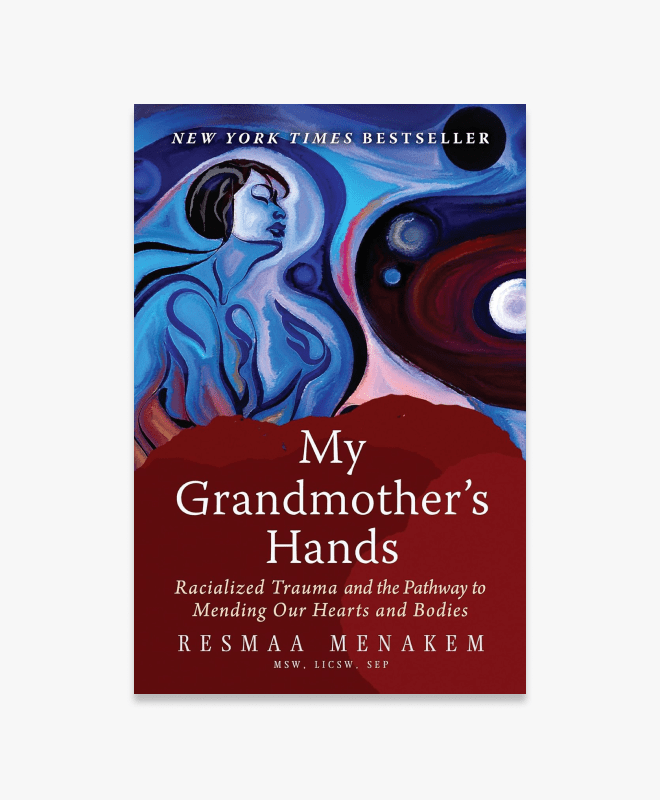
“Through compelling narratives and insightful analysis, My Grandmother’s Hands explains the intricate interplay between racialized trauma and its manifestations in your mind, body, and community. Additionally, it provides invaluable guidance on healing practices, inviting the reader to engage in body-focused exercises and ancient mindfulness practices to connect to your ancestors’ wisdom. It also offers ways to improve your interactions with others and mend your heart and the wounds you may collect as you live.” —Ahmed
-
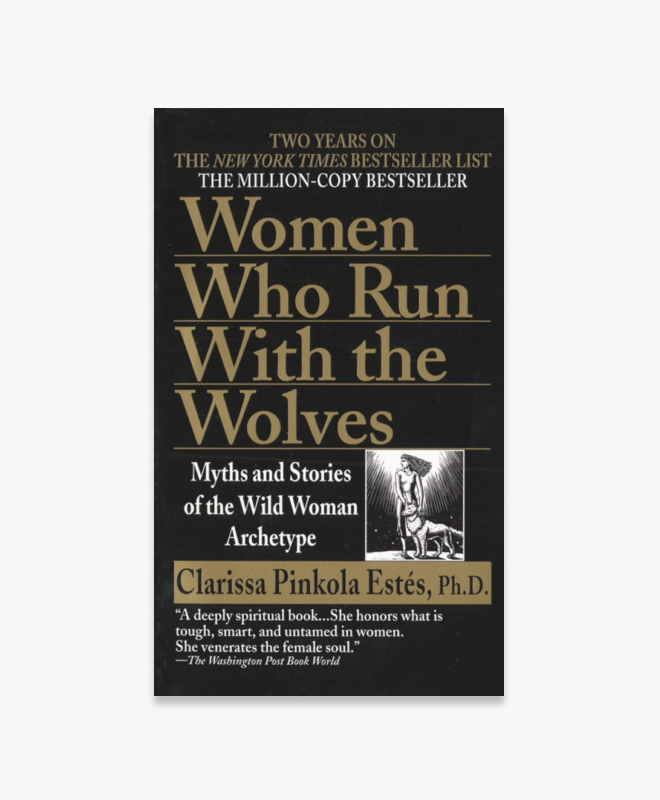
“Pinkola-Estés takes the many legends and myths of wild women in different cultures and breaks down what it means for women to connect to their power and strength. This book is for you if you’ve experienced having your power suppressed by the patriarchy and want to connect to your intuition. In it, the author retells the legend of La LLorona, which parents used to share with their kids as a safety warning, in a whole new way through the lens of women and Indigenous people. This and other myths and legends of wild women are found throughout the book, each reminding you of your power and strength as feminine beings and helping you to reconnect to your wildish nature, where your power emanates from.” —Mojica
Wondermind does not provide medical advice, diagnosis, or treatment. Any information published on this website or by this brand is not intended as a replacement for medical advice. Always consult a qualified health or mental health professional with any questions or concerns about your mental health.
